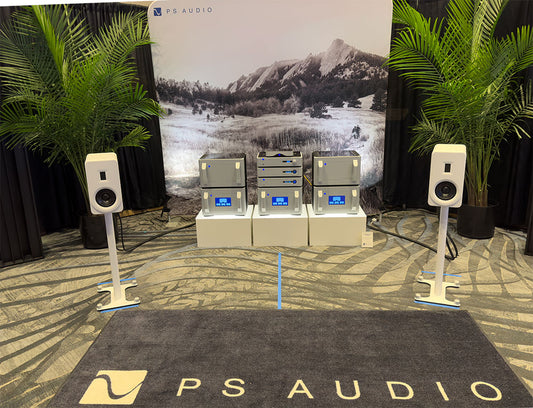“Any word you have to hunt for in a thesaurus is the wrong word. There are no exceptions to this rule.” ― Stephen King
Words
by Paul McGowan
We use words to describe that which we feel, see, hear, and imagine. Inadequate at best, commonly misleading, words struggle to convey meaning.
I had suggested in my post of a few days ago that our engineering team was able to "neutralize" the problems common to class D output stages in anticipation of connecting a robust Analog Cell from which to direct our upcoming affordable amplifier's sonic flavoring.
Based on the comments I received, my use of the word neutral did not properly convey meaning. Perhaps a better word might have been "sterile" though I did not employ its use because of the childless, bacteria free, image it brings into my own mind.
How then are we to accurately communicate meaning when it comes to getting out the thoughts lodged in our heads?
Last night we cranked Stellar up with one of my references, John Rutter's Requiem as sung by the Turtle Creek Choral's 225 voice ensemble, replete with pipe organ—as tough and complex a challenge for electronics as can be found. It soared without a hiccup.
Auditioned in a vacuum (without comparison to the BHK) I could find no fault. How then to explain such an observation in a few words without being miselading? In fact, I don't know.
When I tell the story of my experience readers hopefully build their own mental version of it—as if they too had been enjoying the waves of sound washing over them—when in fact no one can truly share the same experience.
Words escape me time and again.
- Choosing a selection results in a full page refresh.
- Opens in a new window.








